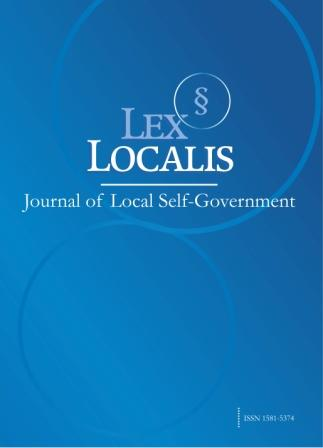The Historical Changes of Capital Effect in Political Economy
DOI:
https://doi.org/10.52152/800150Keywords:
society of labor,” achieving true freedom and developmentAbstract
Since its inception, the capitalist economic system has undergone significant transformations, evolving from primitive accumulation to expansion and high development. While capital effects have driven productivity growth, they have also been accompanied by exploitation. According to Marx’s theory of surplus value, the pursuit of profit inherently involves the extraction of surplus labor, leading to systemic social inequalities. In Capital Volume III, Marx famously states, “The law of the tendency of the rate of profit to fall is, in every respect, the most important law of modern political economy,” arguing that the declining rate of profit is an inevitable consequence of the development of social productive forces under capitalism. This law suggests that as capital intensifies its investment in machinery and technology to enhance productivity, the organic composition of capital rises, ultimately leading to a falling profit rate. This gives rise to a critical question: in today’s era dominated by digital capital, does Marx’s law of the falling rate of profit still hold explanatory power? Has its self-abolition mechanism been delayed by financial speculation?Within the framework of Marx’s critique of political economy, the logic of capital effects and their inherent contradictions are revealed. The contradiction between the infinite expansion demands of capital and the finite nature of markets ultimately leads to the self-negation of capital. With declining average profit rates, overproduction, and automation replacing labor, the capitalist system is gradually disintegrating, creating conditions for a new mode of production. In the future, humanity is expected to transition towards a “society of labor,” achieving true freedom and development.
Downloads
Published
Issue
Section
License
Copyright (c) 2025 Lex localis - Journal of Local Self-Government

This work is licensed under a Creative Commons Attribution-NonCommercial-NoDerivatives 4.0 International License.








